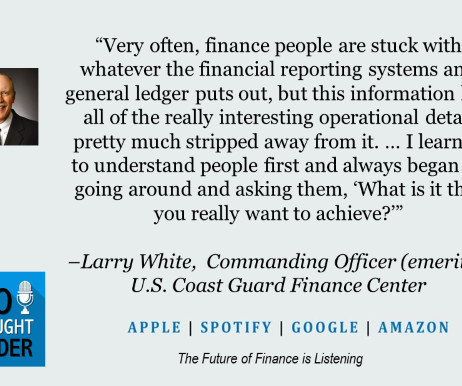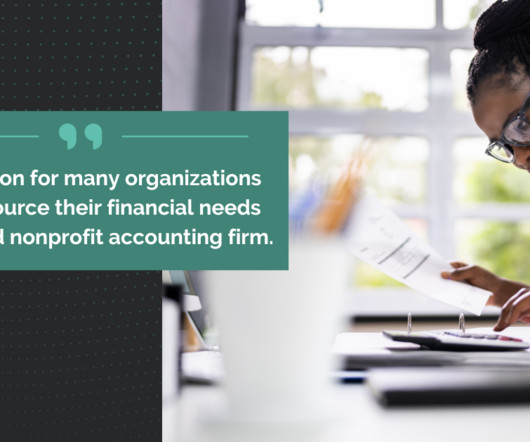The Key Differences Between a Controller and a CFO in Small Businesses
CFO Share
JULY 16, 2024
They collaborate with executives, investors, and the finance team to manage risk, choose investments, and collaborate on strategic decisions. Education and Experience Controllers typically have an accounting degree supplemented with an optional CPA or CMA and 10+ years of experience in managerial accounting.













Let's personalize your content